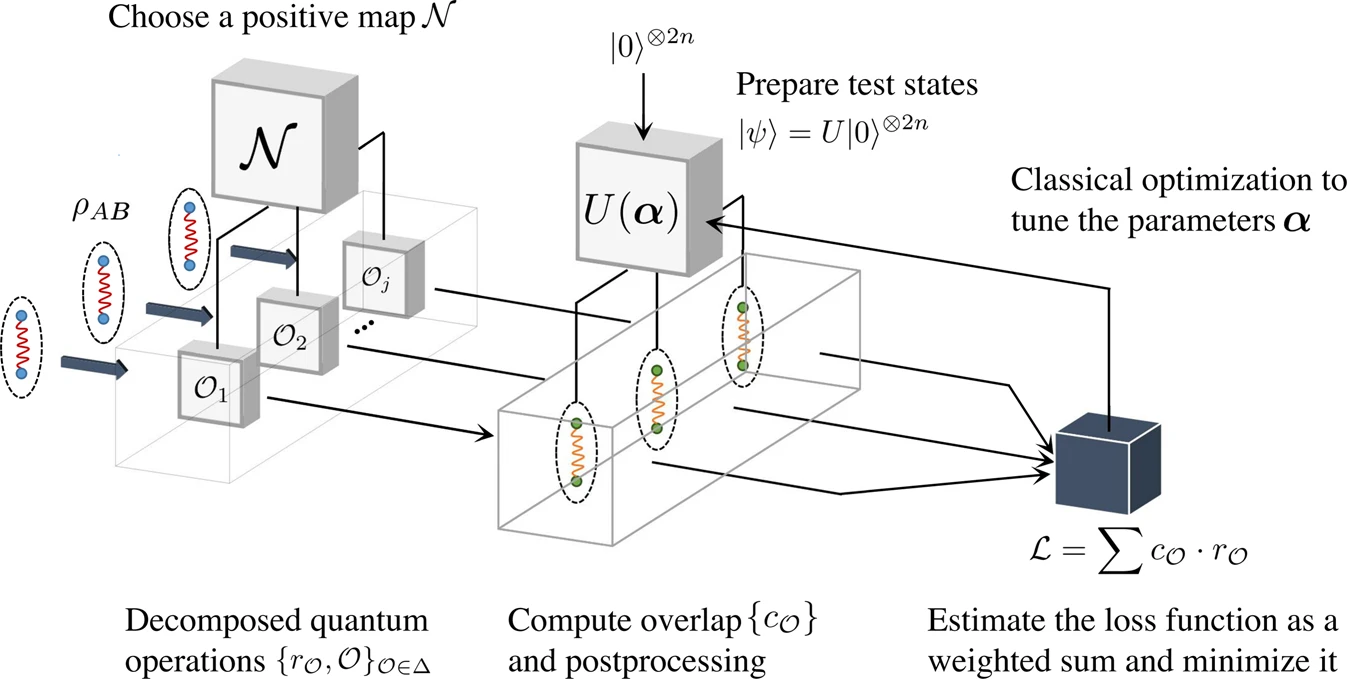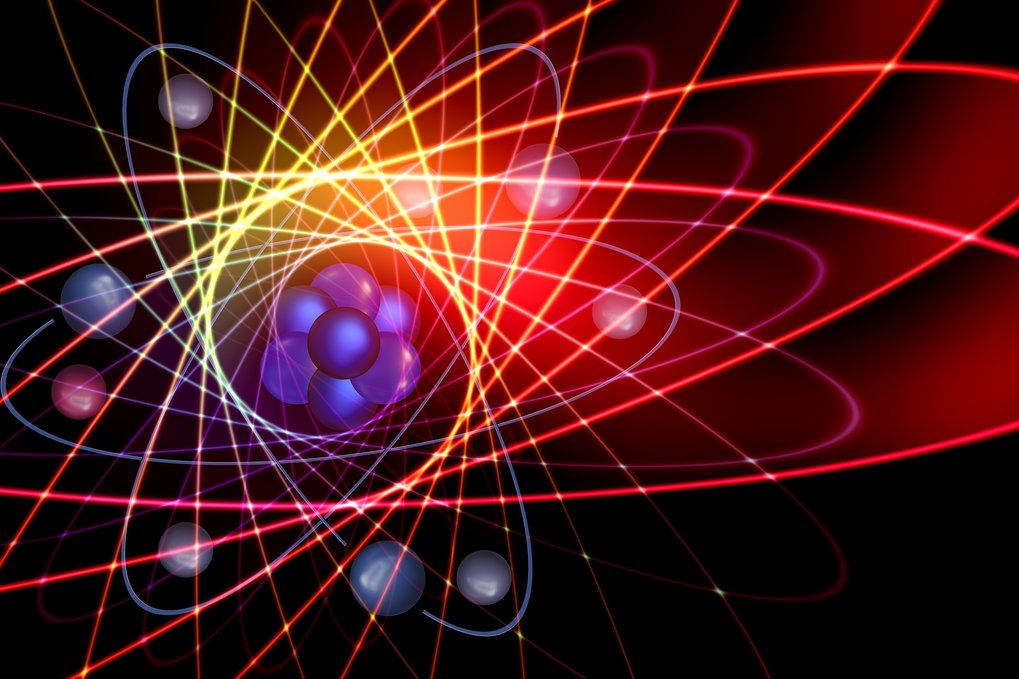Researchers at the Microsoft Quantum Materials Lab and the University of Copenhagen have succeeded in realizing an important and promising material for use in a future quantum computer. For this end, the researchers have to create materials that hold the delicate quantum information and protect it from decoherence.
The so called topological states seem to hold this promise, but one of the challenges has been that a large magnetic field had to be applied. With the new material, it has become possible to realize topological states without the magnetic field.
The new results report a key signature of topological superconductivity, but now in the absence of an applied magnetic field. A thin layer of the material europium sulfide (EuS), whose internal magnetism naturally aligns with the axis of the nanowire and induces an effective magnetic field (more than ten thousand times stronger than the Earth’s magnetic field) in the superconductor and semiconductor components, appears sufficient to induce the topological superconducting phase.
This combination of three components into a single crystal (semiconductor, superconductor, ferromagnetic insulator), a triple hybrid, is new.
The paper has been published in Nature Physics.



